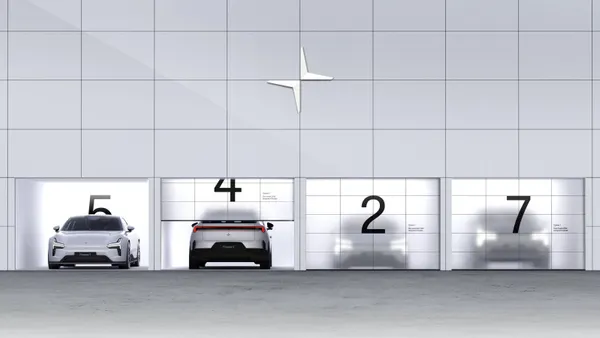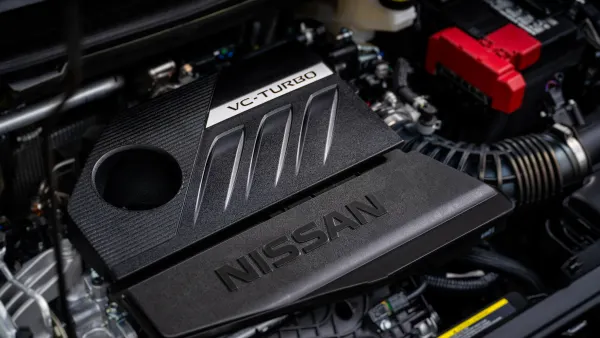Editor's note: This story is part of the WardsAuto digital archive, which may include content that was first published in print, or in different web layouts.
LOS ANGELES – The auto industry collects and crunches a growing amount of customer data to get prospects into showrooms. It’s up to the dealers to take it from there.
So say participants in a panel discussion on using data to, among other things, personalize marketing and engage with customers online. The panelists speak at an automotive analytics conference put on by Thought Leadership Summits.
“After the shopper does all that research and lands on a car and a dealership, it’s a matter of whether the dealership is going to sell a car or muck it up,” says Robert Powell, chief investment officer for the California-based Cardinale Group of Companies that includes 23 dealerships.
Concurring is Mike Cooperman, a partner at creative services firm Ninedezine who formerly worked at Truecar.com.
“A lot goes into technology, but then a human has to sell the car,” he says. “A lot can happen there.”
Joe Haley, manager-retail marketing for Mazda North American Operations, says, “Much has happened with personalization to get the customer to the dealership. At that point, they are buyers, not shoppers.”
But keeping them in that mood depends on a smooth transition from online to off-line and knowing who they are, based on their tracked research, he says. “To start over again is frustrating to the customer. If the salesperson’s attitude is, ‘I know how to sell cars; let me take over now,’ it’s a disconnect.”
Customers are more demanding today, Powell says. “When they want something, they want it now. That’s where data and technology can come in.”
He makes an Amazon analogy: “When Amazon doesn’t have exactly what you want, it will show you something similar. That’s what we want to do with cars.” The auto industry has used customer data for years to sell vehicles. The difference now is the extent of the garnered information.
Drawing from an assortment of sources, data analytics creates customer profiles, predicts probable purchase intentions and more. “A lot more data needs to be analyzed,” Haley says. “We’re needing more analysts to ask the ‘so-what?’ question.”
Technology also allows automakers and dealers to track consumers’ online behavior and market to them accordingly with personalized marketing that’s in sync with their interests.
“A lot of the data is so we communicate with customers more effectively,” says Michael Spadafore, Ford’s Intelligent Customer Interactions Strategy manager. “If you are doing it right, you’re likely to provide a good customer experience.”
But there’s the knowing when enough is enough.
“The stuff to get under control is avoiding sending a person 100 emails a month from different (dealership) departments,” Spadafore says.
“When you get it right, dealers get excited,” Haley says of the effective use of customer data. “They see a higher level of people going to their websites and the dealerships themselves.”
Marketing differs depending on the type of customer, Powell says. “Someone is either a loyalist to our brand or they are cross-shopping dealers. You need two different marketing strategies for those two groups.”
The Cardinale Auto Group was No.77 on this year’s WardsAuto Megadealer 100. Its dealerships follow a process that includes responding quickly to customers’ digital contacts. Technology has sped up response times, Powell says. “We try to respond under five minutes. We have some stores with a two- to three-minute response time. That was not the case six years ago.”









